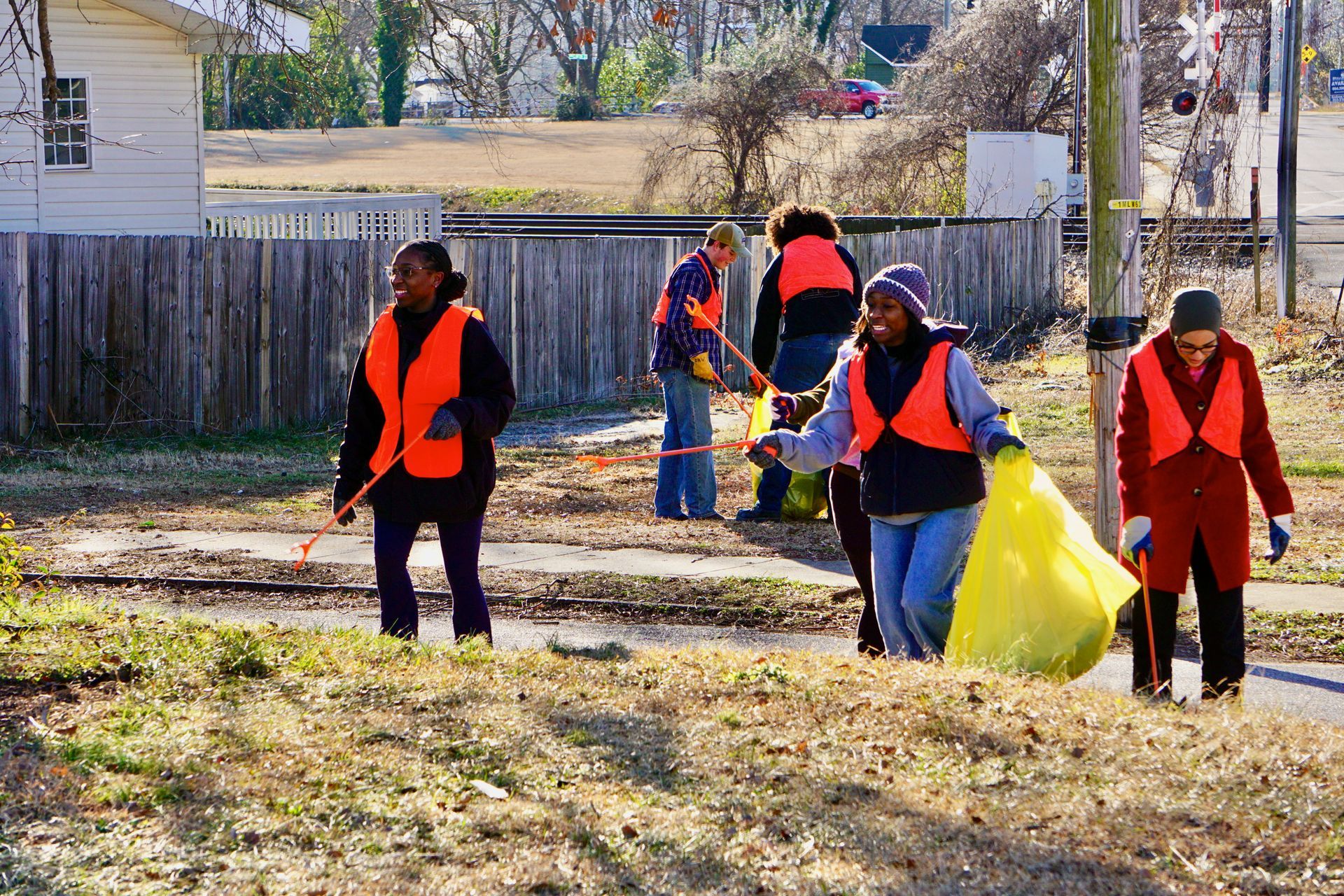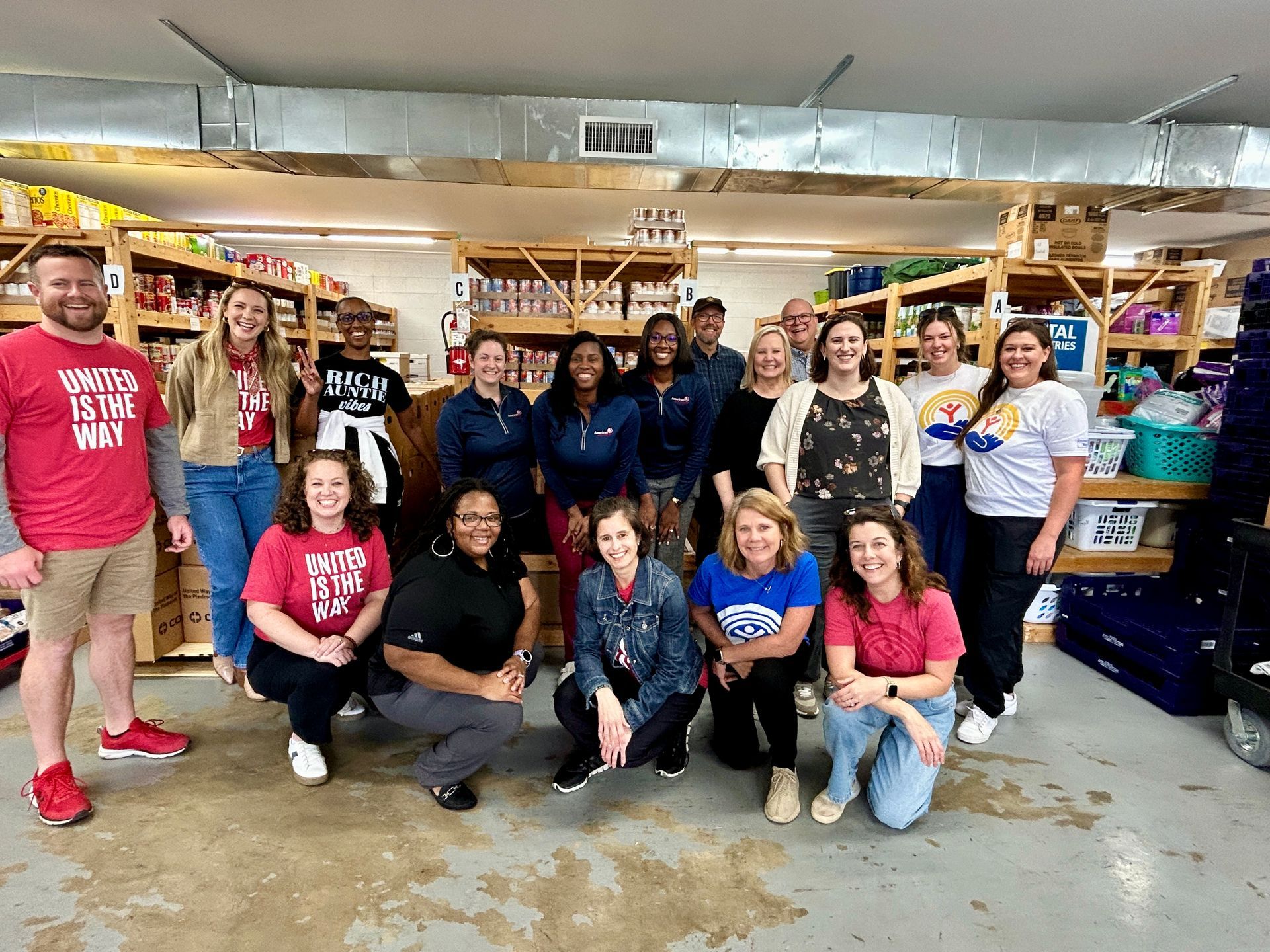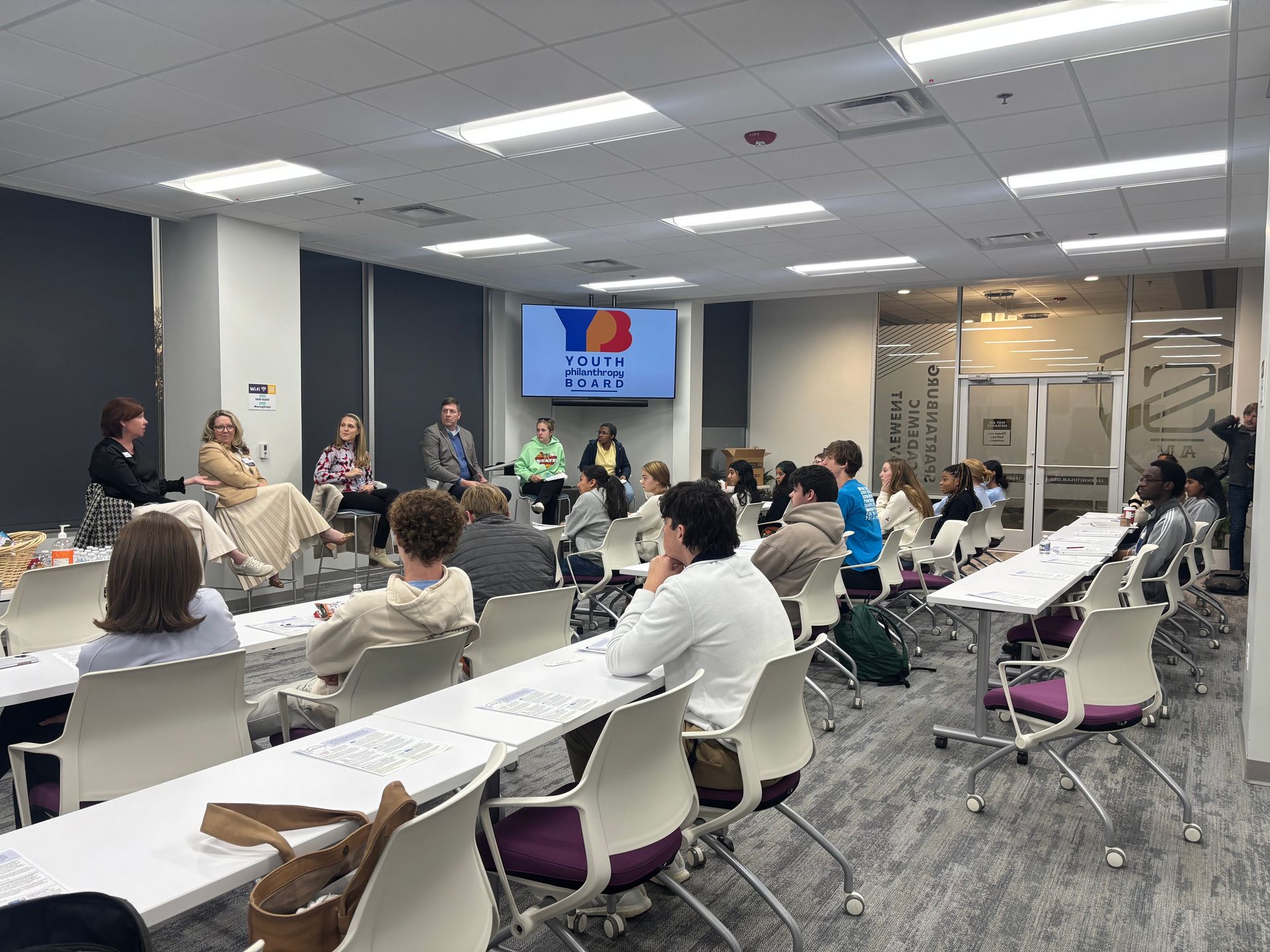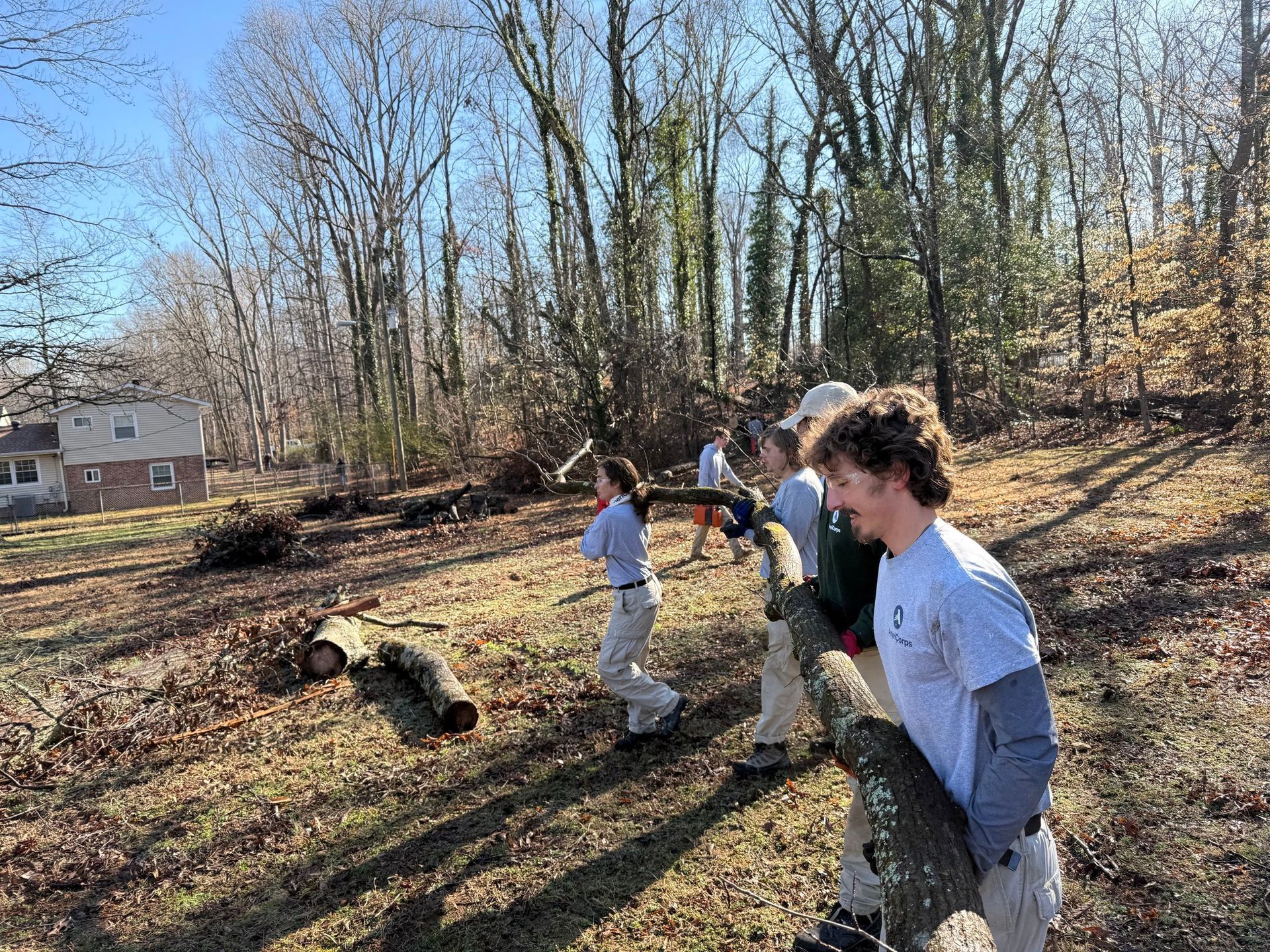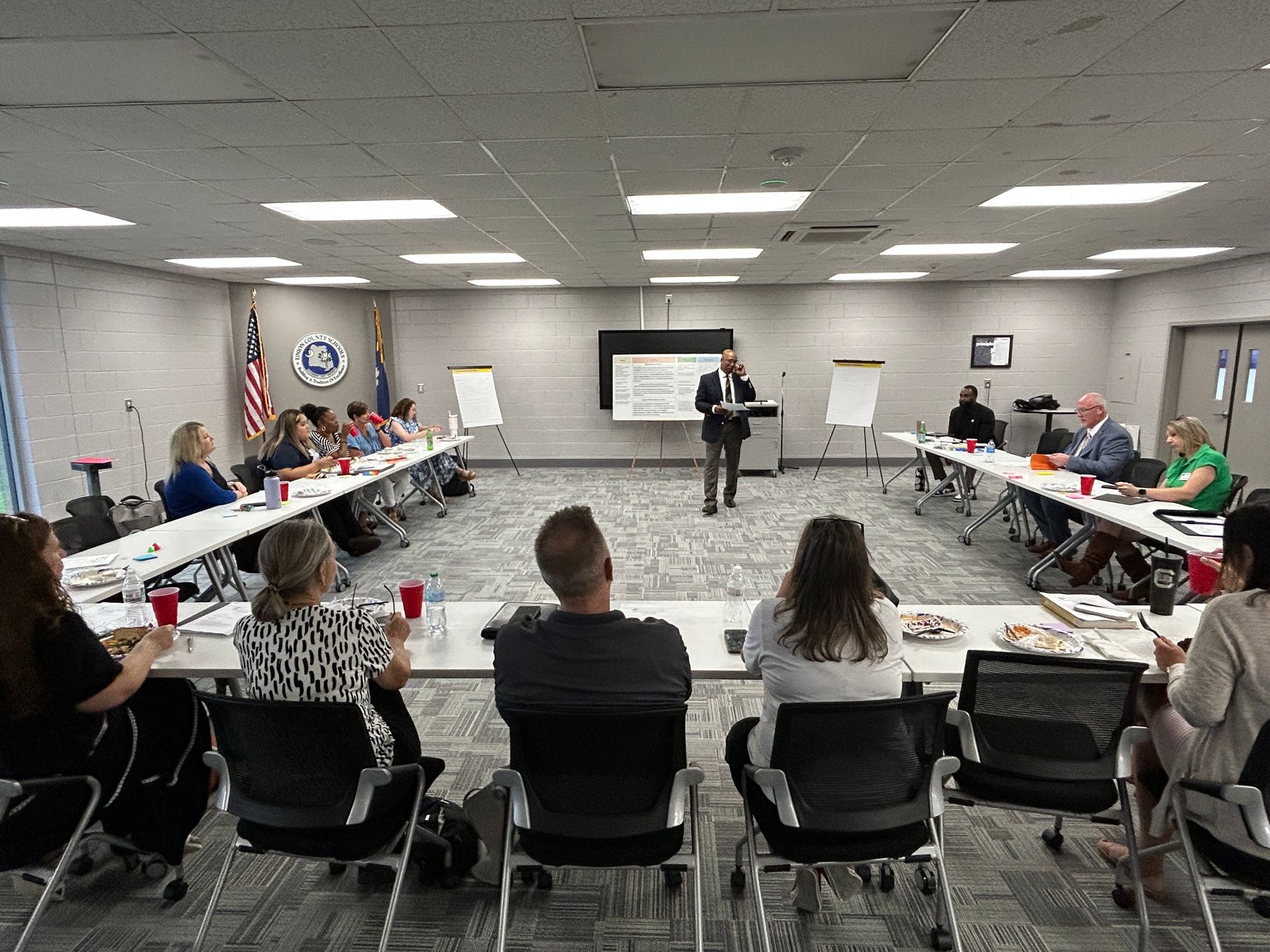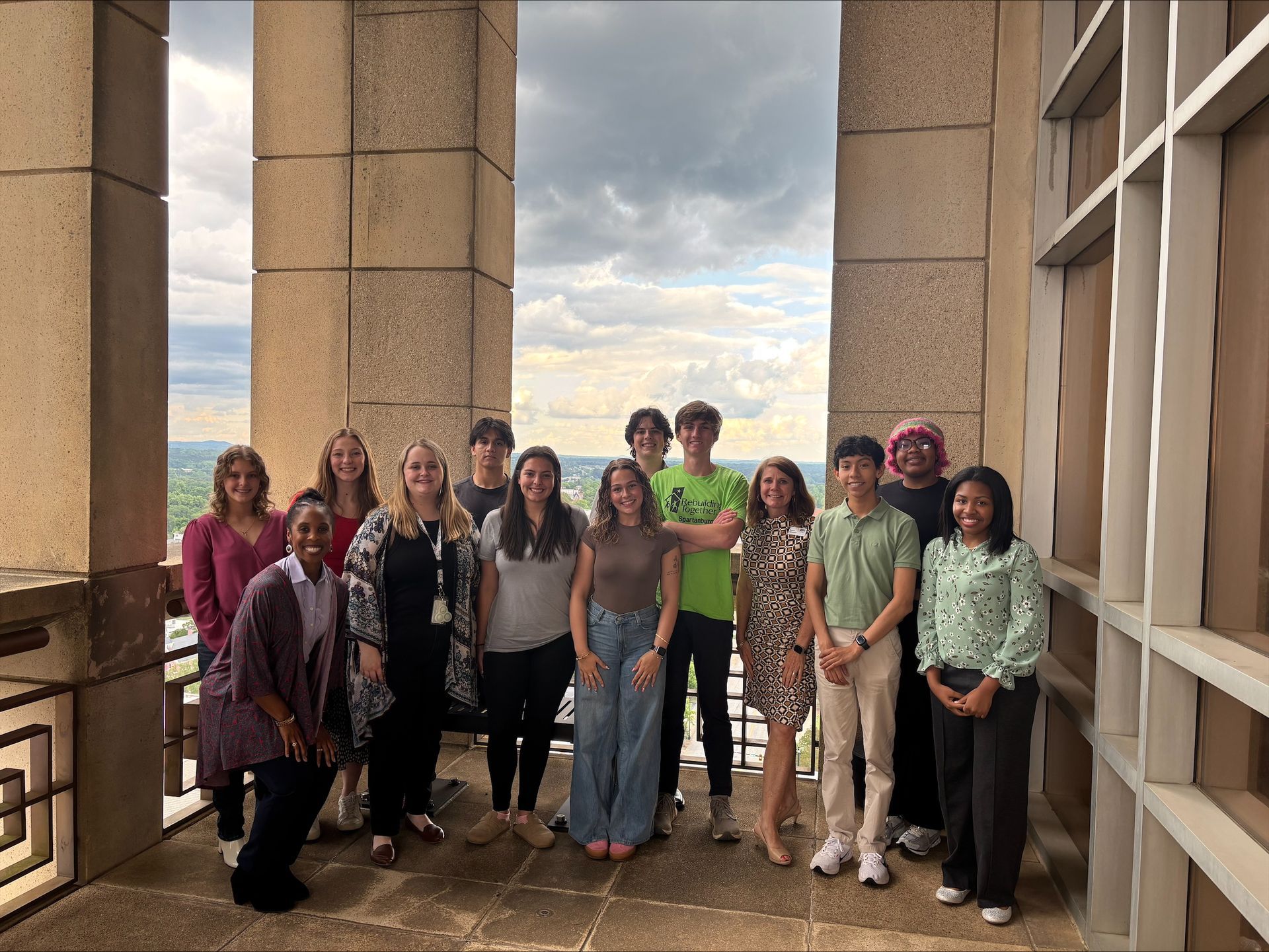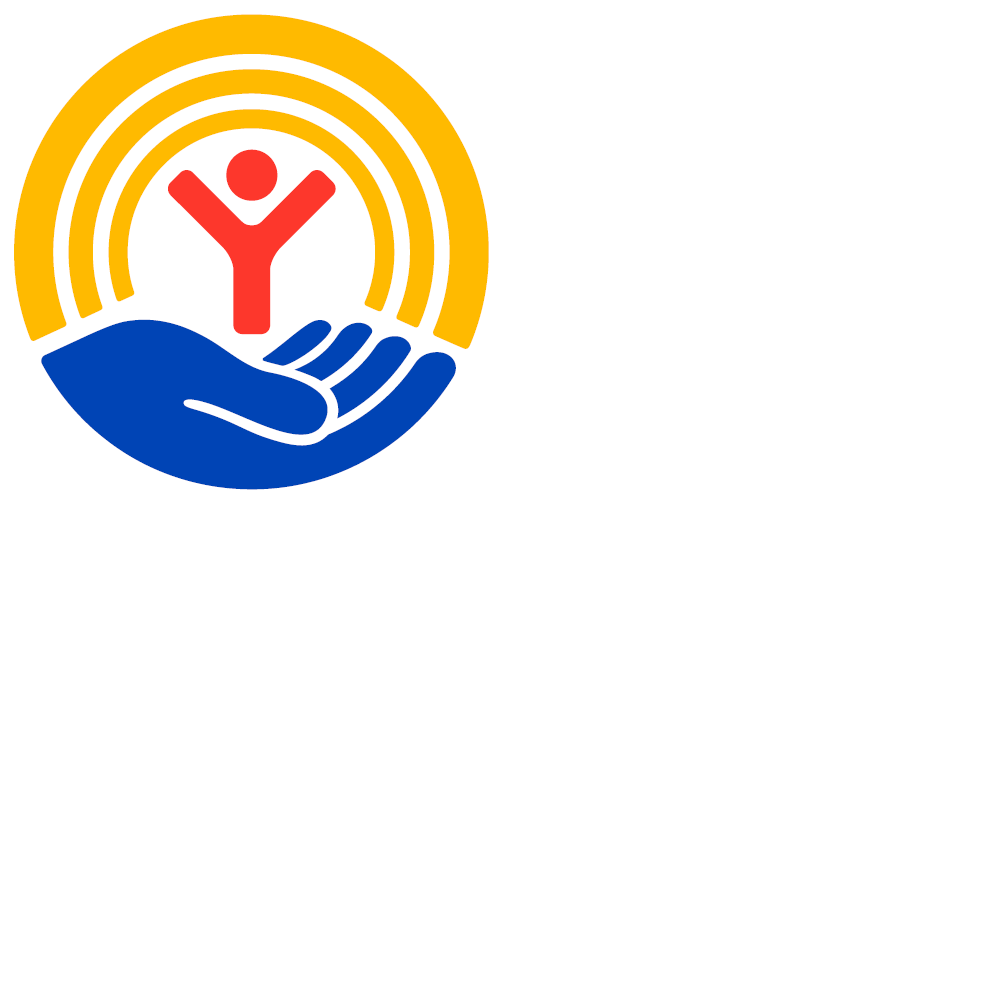Why are the homeless homeless?
Find the original article here.
Gaffney, S.C. (The Gaffney Ledger) - Skyrocketing rent prices, lack of affordable housing and an increase in mental and behavioral issues are pushing more and more individuals onto Cherokee County streets.
It’s a growing issue that a newly-formed Housing Instability Task Force is hoping to tackle. The task force began meeting two months ago after the topic surrounding homelessness was discussed more and more in community organizations. Those involved with the task force include the United Way of the Piedmont, Cherokee County Mental Health, KNOW(2), law enforcement, Miracle Hill, SC Legal, and others.
“We are gaining so much momentum so fast,” said Libbie Cheek, Cherokee County Community Resource Coordinator for the United Way. “There are more homeless people visible in our area, but why? That’s why we created this subgroup for the sole purpose of looking at what’s needed and how to address housing affordability, rent, mortgages, and transitional housing.”
According to Cheek, a 2-bedroom apartment in a lower-end accommodation averages $875 a month, but she knows of one woman renting a poorly maintained 3-bedroom home in a not-so-great area for $1,500 a month.
“Property owners continue to increase the rent, and while we know their costs have gone up as well, the rent prices are certainly not affordable,” she explained.
The United Way considers households that are spending more than 30% of their income on rent as “cost-burdened,” which affects long-term economic mobility. A 2023 Palmetto State Housing Study found 45.6% of Cherokee County residents who are renting are part of the cost-burdened group, while 28.4% of residents with mortgages are cost-burdened due to home expenses.
Cherokee County residents seeking help from the United Way of the Piedmont from January-June of this year is up 26% (350) from the same time last year, while referrals are up 15% (663). The top needs are electric service payment assistance, rent payment assistance, affordable housing, and help to locate a shelter.
Sarah Daniel, director of economic mobility programs for the UWP, recently helped a 69-year-old woman find new housing after her rent increased an extra $500 a month. The woman had been living in her car for weeks until the United Way was able to assist her in finding a new place to live.
“Rent prices have really, really exploded and especially in Cherokee County,” said Daniel. “The median income here is not sustaining the expense of rising home costs either. Even townhomes are not in an affordable range.”
It’s not only an increase in rent, but others who qualify for affordable housing often find themselves on a waitlist for months — or years. With less than a dozen affordable apartment complexes in Cherokee County, waitlists vary from as little as 25 people for a 3- or 4-bedroom to more than 200 for a one-bedroom apartment, according to Cheek.
Some individuals are finding themselves on the streets as the community works to clean up abandoned and dilapidated properties, according to Cheek.
“A lot of burned down properties are safe havens for the homeless, and while they need to be cleaned up and taken care of when they are torn down, the people living there are pushed back out onto the streets,” she said.
Others facing homelessness have been kicked out or burned bridges with family members due to substance abuse and behavioral health issues. That’s why even with ample housing options, the issue of homelessness will never fully disappear, United Way of the Piedmont’s Vice President of Brand Experience Alex Moore explained.
“It’s not just about affordable housing and the lack of it. We would still have challenges because of behavioral and mental health and substance abuse,” she said. “Having partners like mental health be a part of this task force is huge.”
Moore also explained how it’s often “one thing” that pushes families living paycheck to paycheck into tough situations.
“Right now with back to school, a lot of families are having to choose between buying the school supply list or food,” she said. “For families with multiple children, those lists can get quite expensive. This isn’t new information but more and more people are continuing to live on limited funds and there’s that ‘one thing’ that can really bust a budget.”
Since their first meeting, the task force has created and tweaked a community resource guide for individuals facing homelessness or struggling to afford rent and groceries. The guide has numbers for shelters, healthcare and other resources such as veterans services and the soup kitchen. They will be distributed throughout the organizations and to law enforcement officers who can provide it to individuals they come in contact with.
While there is no easy answer to solve the issues surrounding homelessness and affordable housing, the task force hopes to secure grants and community partners who may be willing to donate land if the money is found.
“I’m a pie-in-the-sky thinker so I would love to see an abundance of affordable housing options,” Cheek said. “We have current income-based senior housing that has land availability connected to existing properties. It’s a matter of how to go about funding.”
For more information on resources in Cherokee County, call 2-1-1 or visit SC211.org.
Part 2 of this series coming soon.
